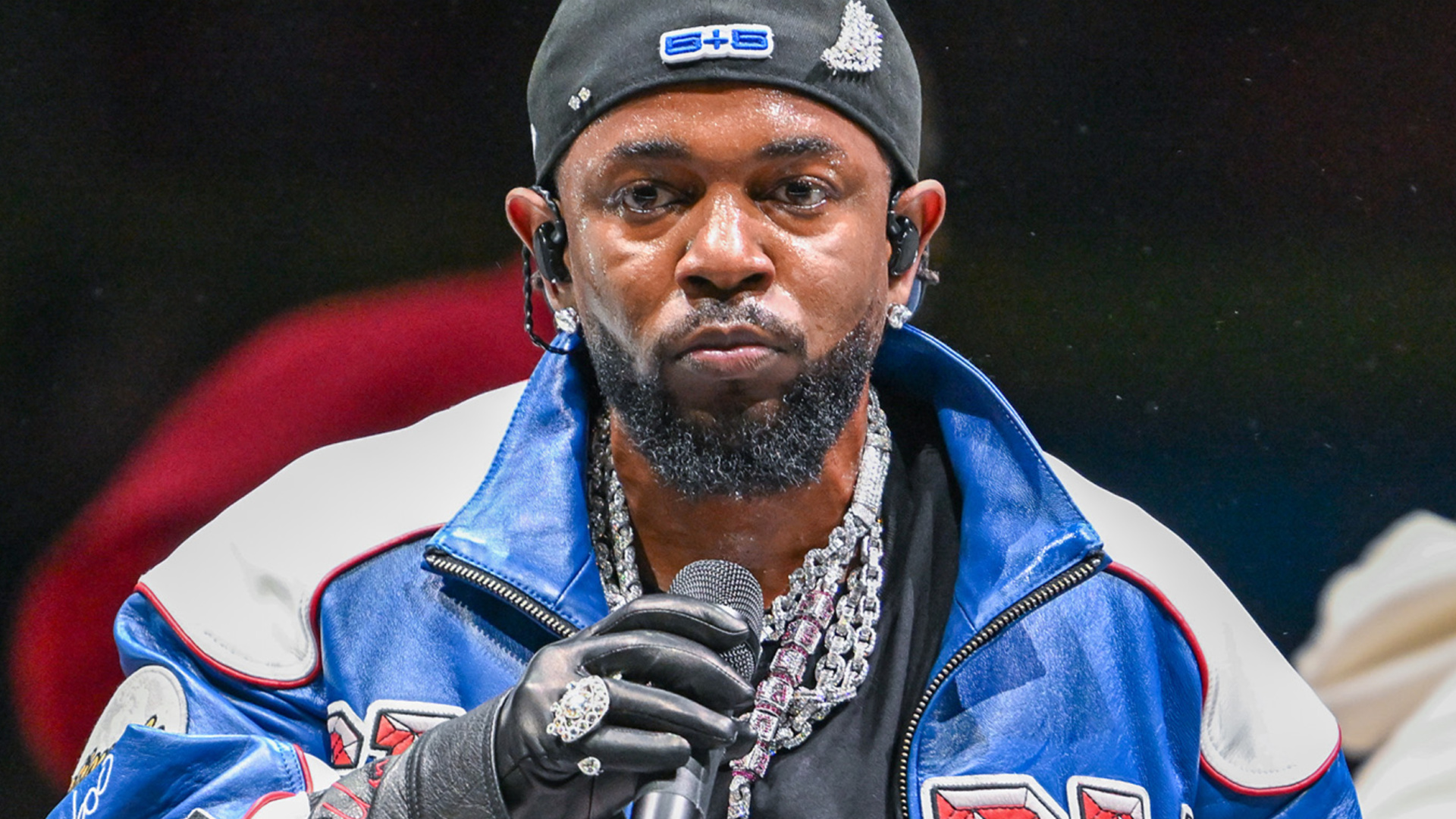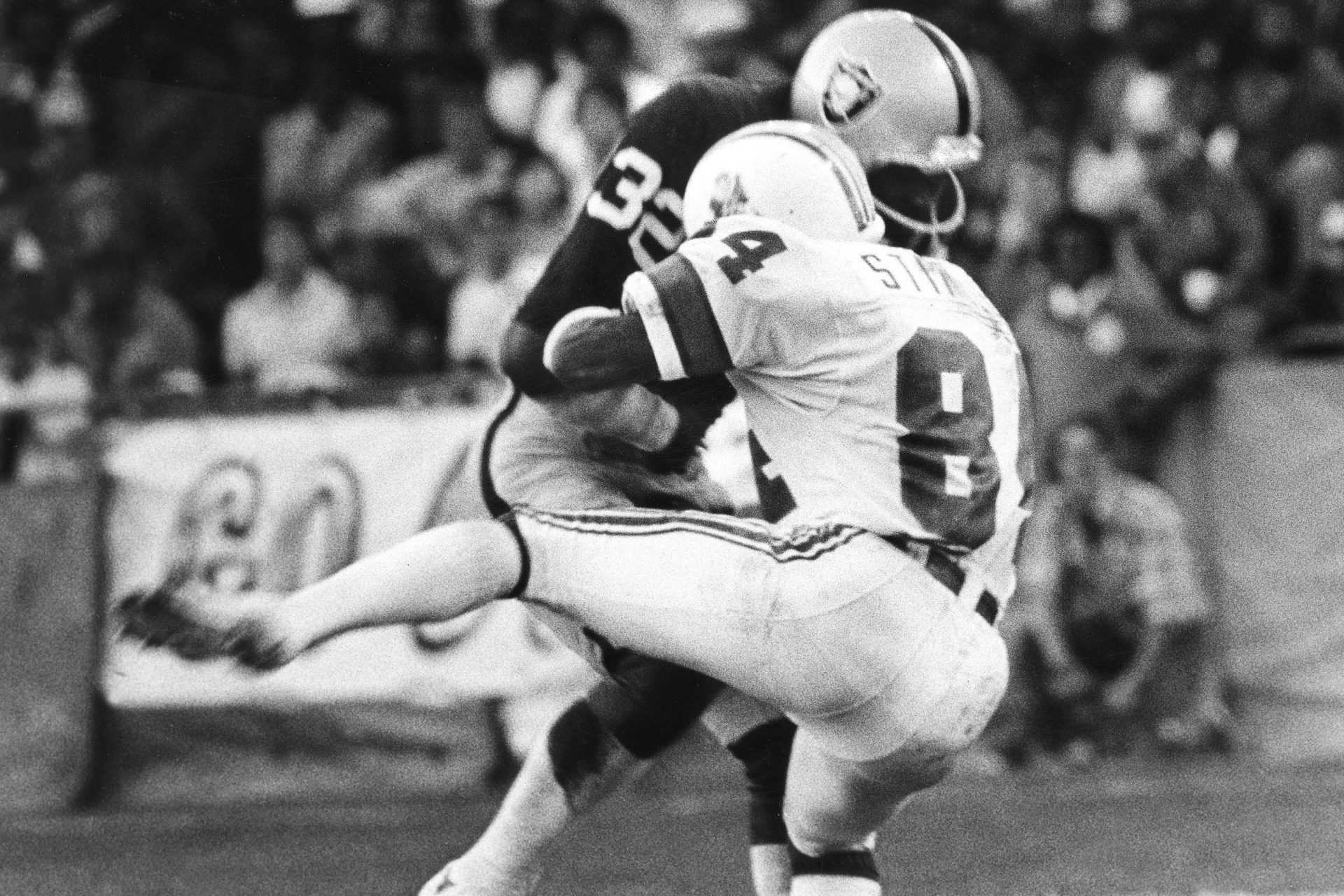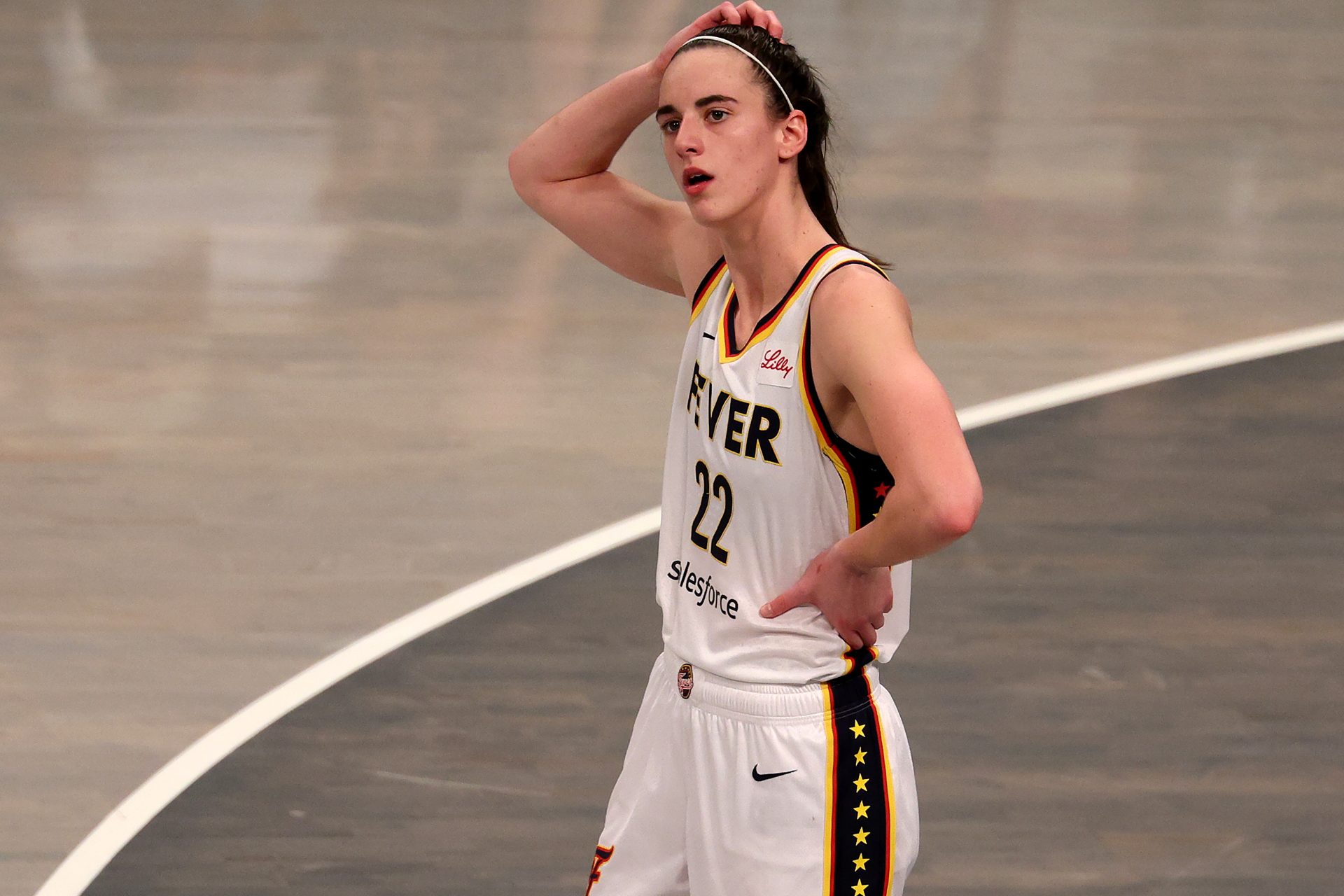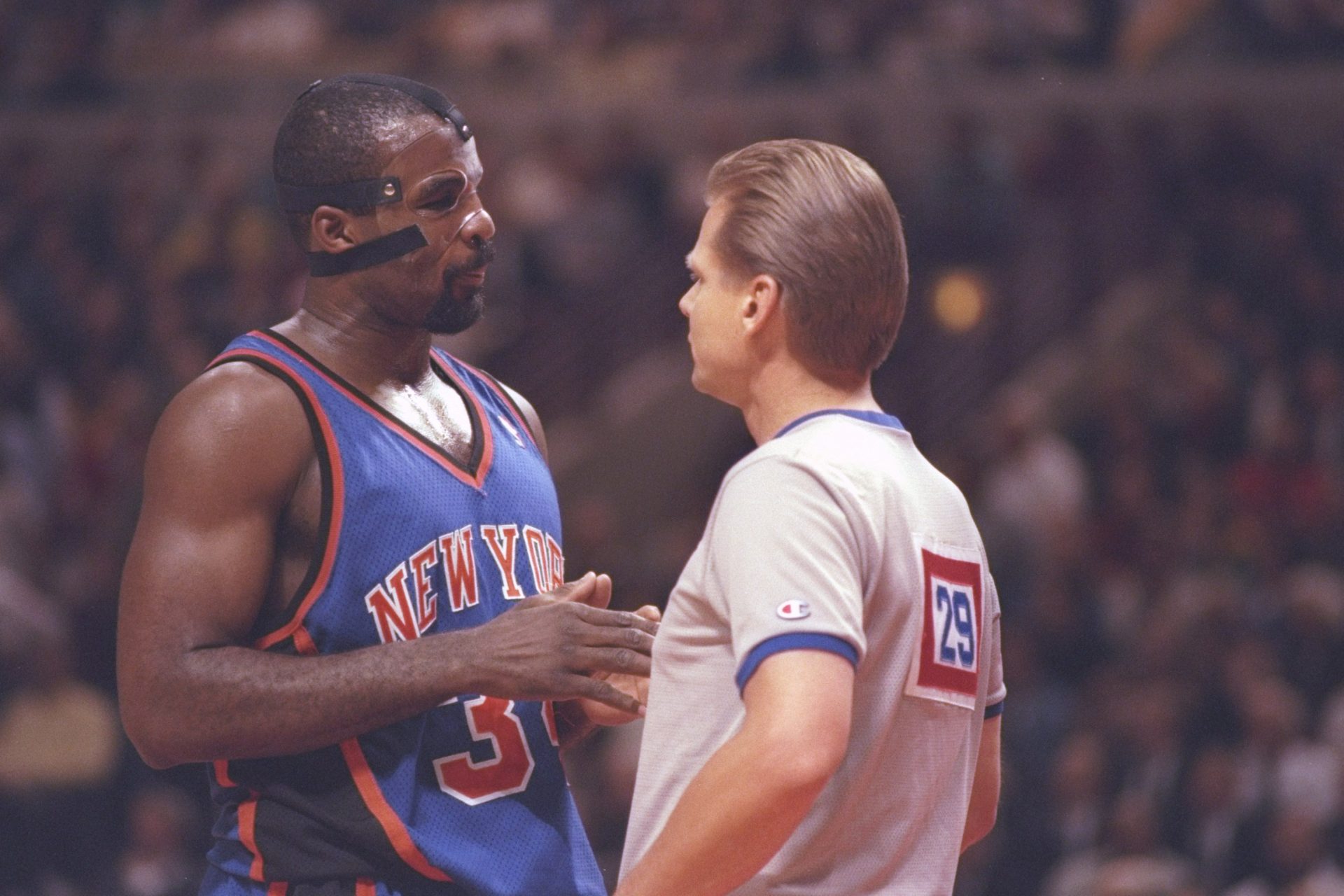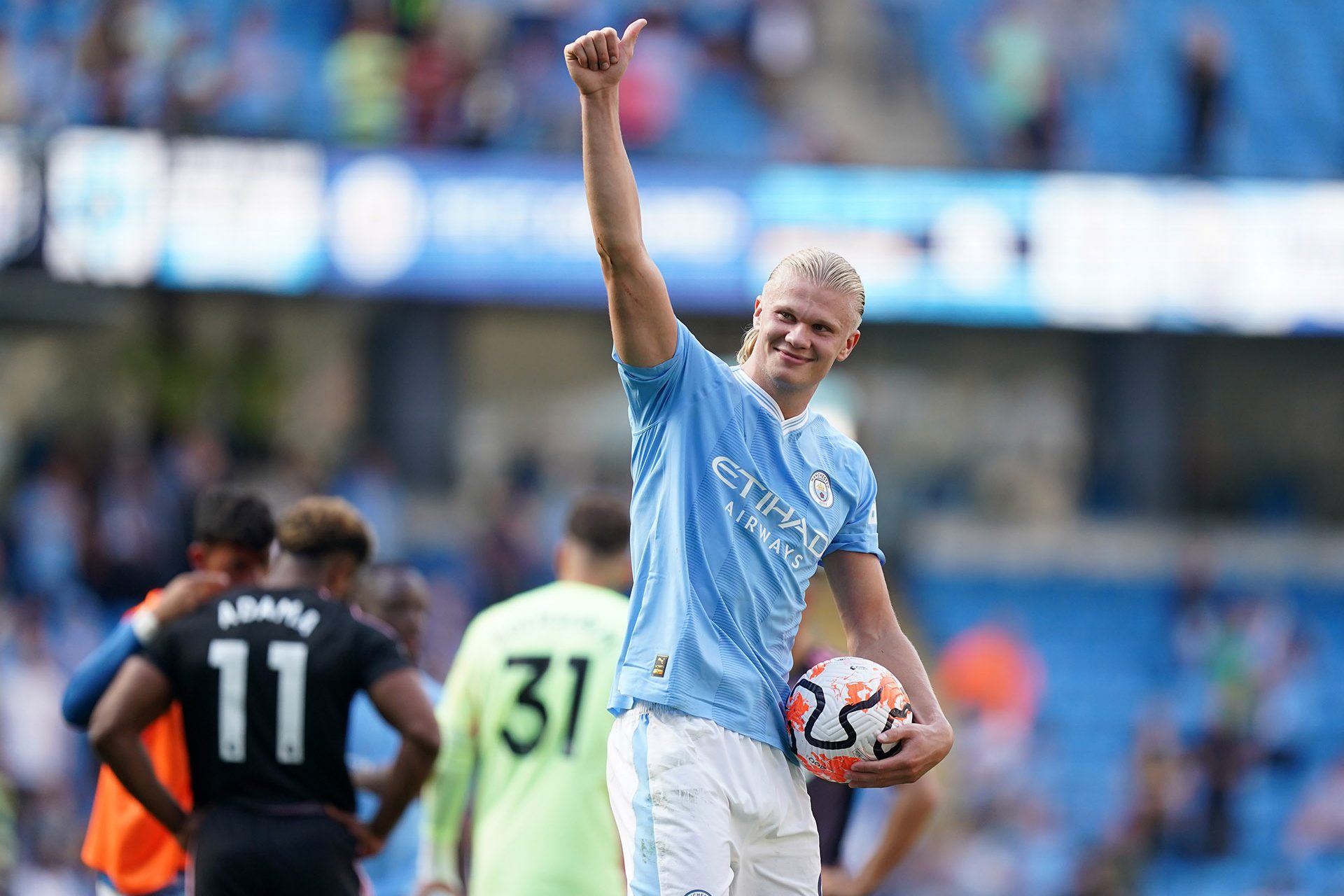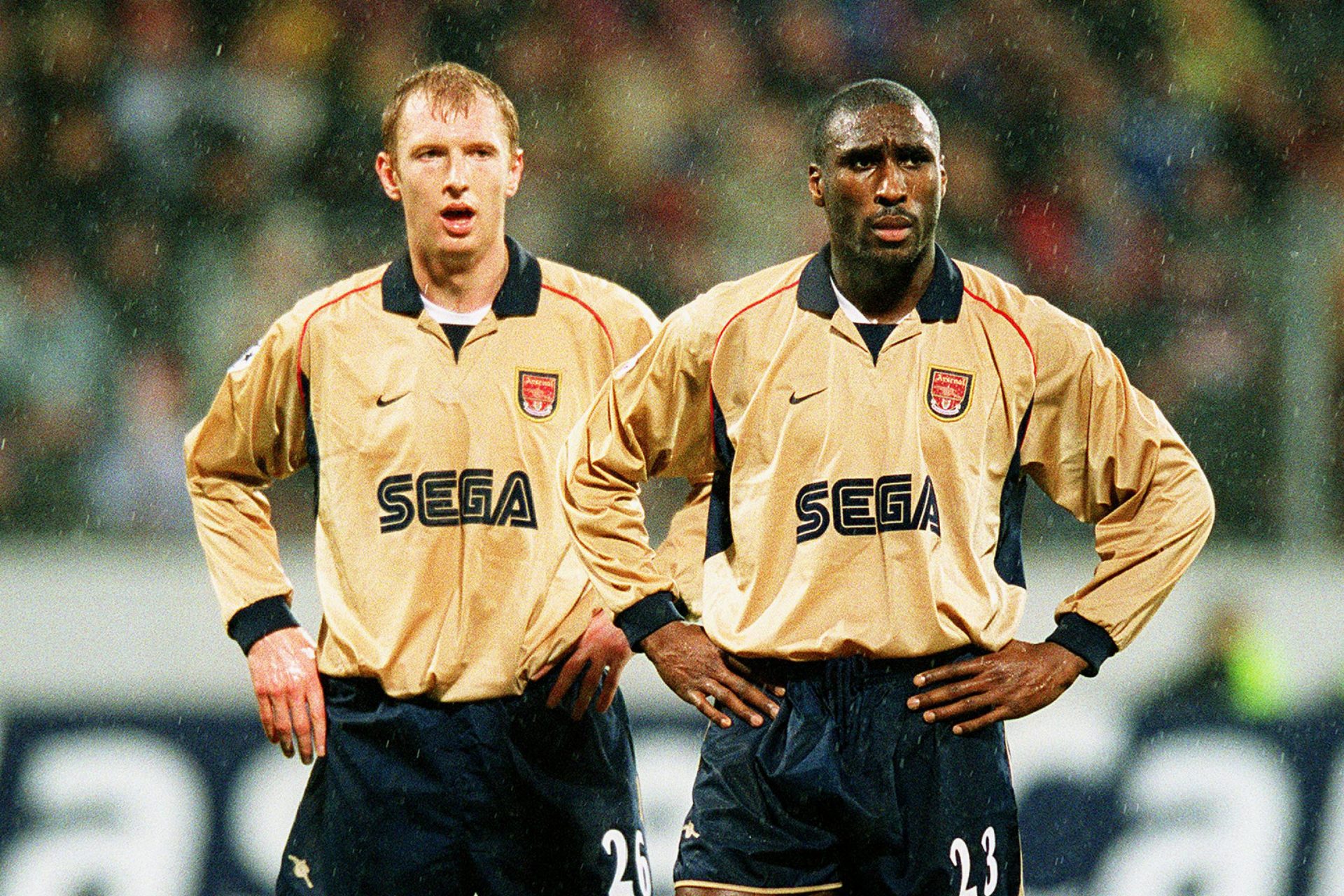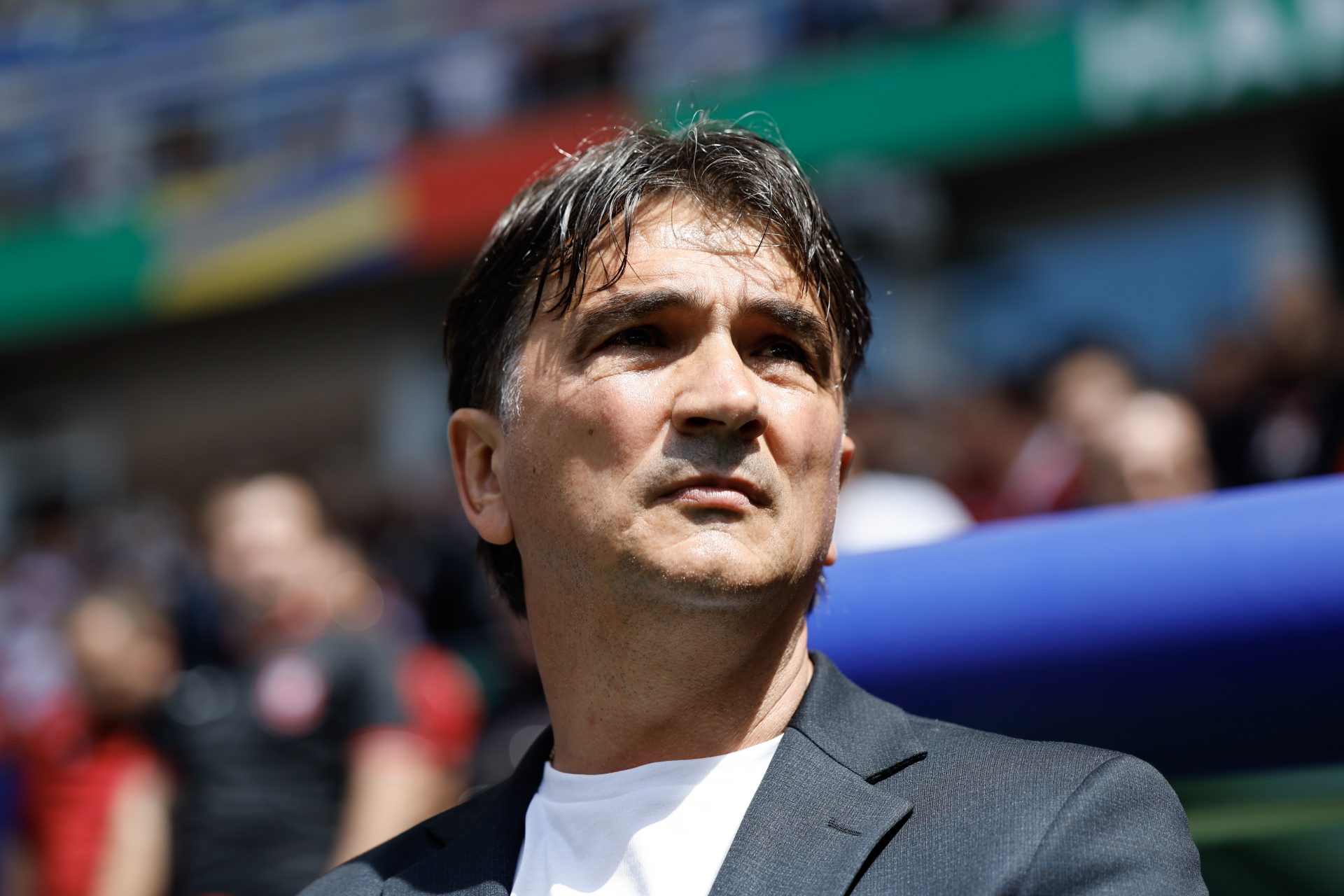Manchester City: From the shadow of Manchester United to the pinnacle of English and European football
Manchester City put on a show in the Champions League quarter-final. First winning 3-0 at home against Bayern Munich, before sealing the deal with a 1-1 draw in the second leg in Munich. While the result is important, it was the mastery on the pitch – especially in that first game – against one of the most dominant teams in football that has bewildered fans around the world.
Long in the shadow of its neighbuor Manchester United – one of the most successful English clubs – City has greatly improved their performance over the past 15 years, to the point of dominating England and becoming one of the strongholds of European football. Let's take a look at how they did it.
Founded in 1880 as St Mark's West Gorton, the club was renamed Manchester City on its professional debut in 1894. It had been a founding member of the Second Division two years earlier.
The Citizens rose to the top flight of English football in 1899, after winning the Second Division. The club won its first trophy, the FA Cup, in 1904. And it was crowned champion of the First Division, the predecessor of the Premier League, in 1937.
Relegated to the Second Division in 1963, Manchester City quickly returned to the elite, even winning the English League title in 1968. The Sky Blues also won their first European competition, the Cup Winners' Cup, in 1970.
But this period of prosperity was followed by a long decline. Relegated twice in the 1980s, City fell to the third division in 1998. A low point for the club, at a time when Manchester United, coached by Alex Ferguson, was triumphing both domestically and in Europe.
The beginning of the 2000s saw Man City return to the highest level. Promoted to the Premier League and participating in the UEFA Cup after 25 seasons without playing in European competition. It was also around this time that the Citizens moved from Maine Road to the City of Manchester Stadium.
In 2007, the former coach of the England national team, the Swede Sven-Göran Eriksson, took over the reins of the team and became the first foreigner in the Sky Blues' dugout. After an excellent start to the season, City finished 9th in the Premier League in 2008. But despite the support of the supporters, Eriksson was ousted after a year.
The year 2008 marked a new dawn in the history of the club with the takeover by an Emirati investment fund. This began a new era, with unprecedented financial power backing them, Manchester City's future was bright, filled with the hopes of new titles
The management of the club spent lavishly, recruiting the Brazilian star Robinho from Real Madrid in the summer of 2008. This was followed by other talented attackers like Sergio Agüero and Edin Dzeko in 2011. Trained by Italian Roberto Mancini, the Sky Blues won their first title in 35 years, the FA Cup, in 2011.
The 2010s was the decade of City's return to the top 5 of the Premier League. In 2011-2012, the club was crowned champions of England. One of the highlights of this exceptional season was the 6-1 victory at Old Trafford, against arch-rivals United. A passing of the torch between the declining Red Devils and rising Citizens.
With Chilean Manuel Pellegrini in charge, City is again crowned champions of England in 2014 and achieved the double, also winning the League Cup. The Premier League fight has been fierce against Liverpool, whose title hopes were dashed at the very last moment after Steven Gerrard's famous slip.
Manchester City made their return to the European scene during this time and start to make a mark on the competition. After several eliminations in the group stage and in the round of 16 of the Champions League, the club took a step forward in 2016 by joining the last four at the expense of PSG, before losing to Real Madrid, the future winners of the competition.
The year 2016 is another turning point for City, with the arrival of Pep Guardiola. The Catalan coach had won two Champions Leagues with the great Barça side of Messi, Xavi and Iniesta, considered by some to be the best football team of all time. After leaving Barcelona, Pep spent three seasons managing Bayern Munich.
Renowned for installing a licked and precise possession game, Guardiola had great ambitions for the club. But his first season was mixed, his team being left behind by Chelsea and Tottenham in the league, and eliminated by a spectacular Monaco in the knockout stages of the Champions League.
This merely prolonged the inevitable, with Guardiola having a long-term project, patiently building his squad behind the scenes. To support Agüero, David Silva, Fernandinho and the talented Belgian midfielder Kevin de Bruyne, the Spanish coach attracted top players such as wingers Leroy Sané and Riyad Mahrez, Portuguese midfielder Bernardo Silva, English defenders John Stones and Kyle Walker and the Brazilians Ederson in goal and Gabriel Jesus in attack.
But beyond these individual talents, it is the alchemy of a perfectly coached collective that allows City to conquer England and Europe. The Sky Blues play a possession and ball control-based game, in stark contrast to the often very physical Premier League.
And the hard work pays off, as Manchester City has won the most competitive football championship in the world four times in five seasons (2018, 2019, 2021 and 2022). The Mancunian club was beaten only once over the period by their rival, Jurgen Klopp's Liverpool.
During this golden period in the Premier League, City broke several records: in 2017-2018, the club won 100 points in the league, 19 more than second place, and scored 106 goals in 38 games. The following year, the Citizens took 98 points in the Premier League and achieved the domestic treble with the league – League Cup – FA Cup all returning to Manchester.
Dominant in domestic, City has so far failed to win the Champions League. The club were eliminated three times in a row in the quarter-finals from 2018 to 2020 and couldn't do anything against future winners Real Madrid in the semi-finals of the 2022 edition.
In an all-English final against Chelsea, freshly taken over by Thomas Tuchel, Pep Guardiola's men stumbled against an opponent less flashy on paper but more experienced at this stage of the competition. Since then, the final has so far eluded them.
Will the 2022-2023 season be the one to finally win the most prestigious of European competitions and crown several years of painstaking work? With a partly renewed squad (Rodri, Jack Grealish and especially the Norwegian "cyborg" Erling Haaland), the club seems to have the potential.
More for you
Top Stories

























